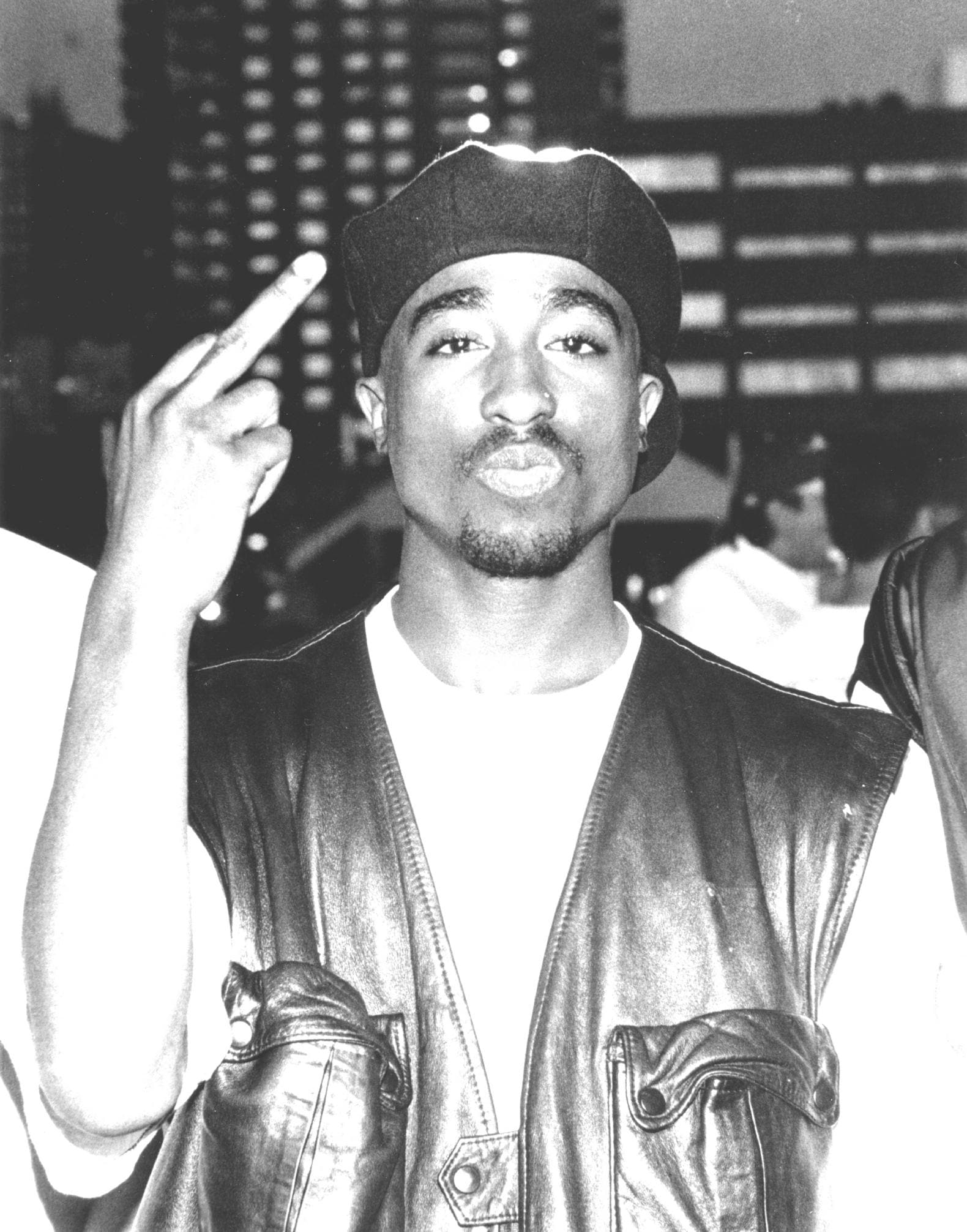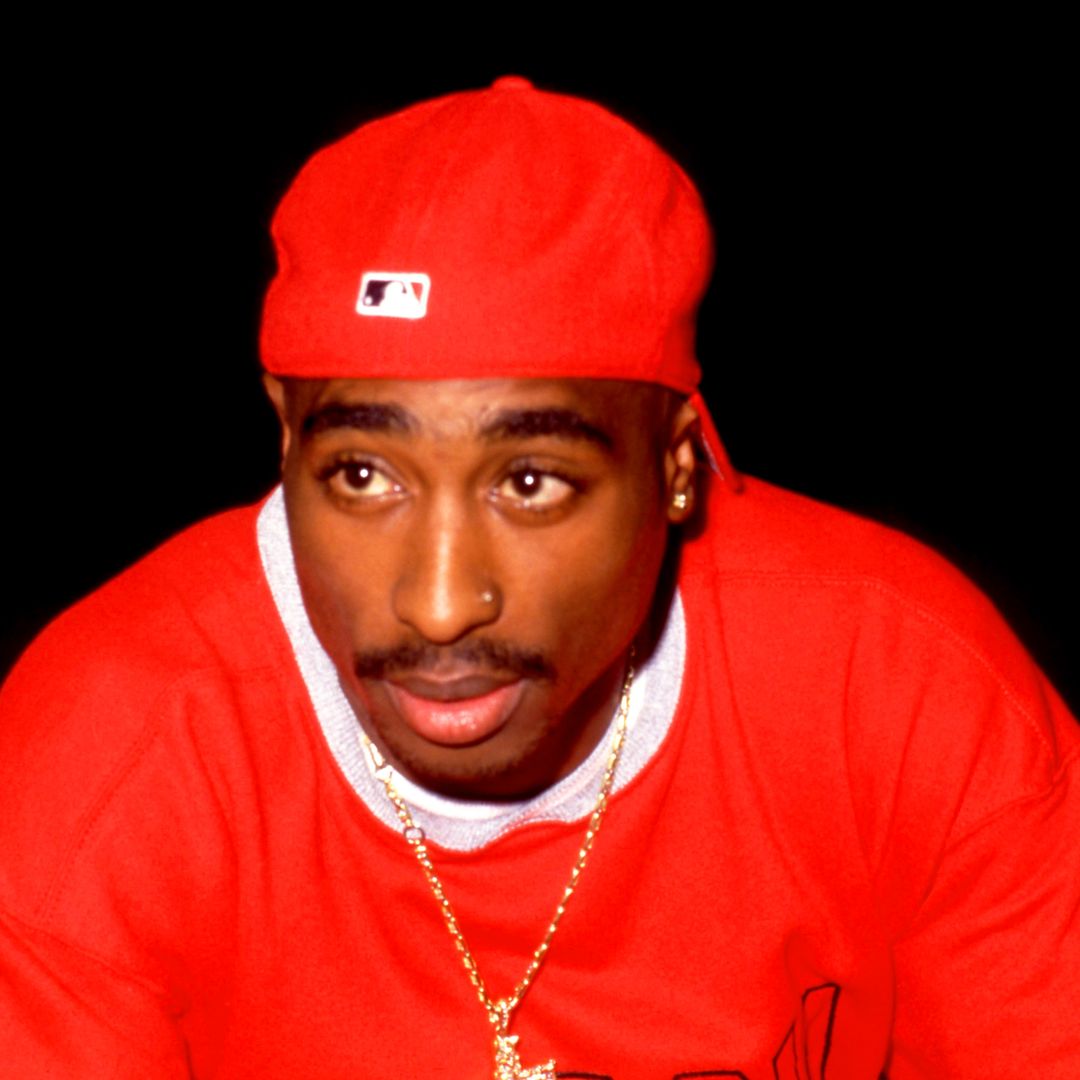Can a single voice truly change the world? Tupac Amaru Shakur, better known to the world as 2Pac, not only challenged the status quo but redefined the landscape of music, activism, and cultural influence, leaving an indelible mark on generations.
The name 2Pac conjures images of raw emotion, lyrical prowess, and a fearless commitment to truth-telling. Born in East Harlem, New York, in 1971, Shakur's life was a testament to the struggles and triumphs of the Black community. His artistry transcended mere entertainment; it became a vehicle for social commentary, a megaphone for the unheard, and a mirror reflecting the harsh realities of a society grappling with issues of race, poverty, and injustice. It is impossible to understand the impact of 2Pac without acknowledging the socio-political climate that birthed him.
His words, often laced with profanity and raw honesty, didn't shy away from the complexities of life. He spoke of love and loss, of hope and despair, of the daily battles fought on the streets and within the confines of the prison system. He did not shy away from political topics as he was an outspoken critic. From the very beginning, his music was a form of resistance.
- Exploring The Allure Of Erome Girlylana A Digital Sensation
- Unraveling The Health Status Of Doris Kearns Goodwin Does She Have Cancer
| Category | Details |
|---|---|
| Full Name | Tupac Amaru Shakur |
| Also Known As | 2Pac, 2Pacalypse, Makaveli |
| Born | June 16, 1971, in East Harlem, New York City, New York, U.S. |
| Died | September 13, 1996, in Las Vegas, Nevada, U.S. (aged 25) |
| Genres | Hip hop, Gangsta rap |
| Occupations | Rapper, Actor, Poet, Activist |
| Years Active | 19871996 |
| Labels | Interscope, Death Row |
| Associated Acts | Outlawz, Digital Underground |
| Notable Albums | 2Pacalypse Now (1991), All Eyez on Me (1996), Me Against the World (1995) |
| Notable Films | Juice (1992), Poetic Justice (1993), Above the Rim (1994) |
| Activism | Black Panther Party legacy, advocacy for social justice |
| Controversies | Legal issues, beefs with other rappers, allegations of violence |
| Website (Reference) | Biography.com |
The raw energy of his words, combined with his charismatic persona, resonated deeply with a generation hungry for authentic voices. He didn't just rap about the realities of gang life; he lived it, embodying the contradictions and complexities of urban existence. His music was a soundtrack for a generation, providing a voice to the voiceless and a reflection of the struggles faced by many, especially within the Black community.
2Pac's influence was multifaceted. He was a brilliant lyricist, capable of crafting intricate rhymes and vivid storytelling. His songs tackled everything from systemic racism ("Brenda's Got a Baby") to the complexities of relationships ("Dear Mama"). His ability to weave personal experiences with broader social commentary made his music both relatable and thought-provoking. He didn't shy away from the controversial, openly confronting topics like police brutality, mass incarceration, and the pervasive nature of poverty. His first LP, "2Pacalypse Now" (1991), was a direct challenge to the system, a sonic declaration of war against injustice.
He was also a skilled actor, appearing in films like "Juice" (1992) and "Poetic Justice" (1993). His performances brought a level of authenticity and vulnerability to the screen, further solidifying his status as a multi-talented artist. He wasn't just a rapper; he was a performer, a storyteller, and a cultural icon. His acting career, though tragically cut short, demonstrated his versatility and his ability to command attention in multiple artistic domains. The combination of his musical talent and his screen presence made him a force to be reckoned with, expanding his reach and influence beyond the realm of hip-hop.
- Exploring The Excitement Of The Fan Bus Kelsey And Daisy
- Exploring The Controversy Surrounding T33n Leaks
His legacy extended beyond the realm of entertainment, he immersed himself in the politics of the Black Power movement, embracing and reflecting its ideology in his lyrics. He spoke of empowerment, of self-respect, and of the need for Black people to rise above the oppression they faced. It was a time of social unrest and heightened racial tensions. His music and his words became a rallying cry for those seeking change, those yearning for a better future.
This wasn't just about music; it was about survival, resistance, and the pursuit of a more just world. He was not afraid to confront those in power, those who sought to silence the voices of the marginalized. He understood the power of his platform and used it to challenge the status quo. Even in the face of adversity, he remained defiant, speaking truth to power and inspiring others to do the same.
In a recent interview, Delray Richardson, a platinum songwriter and independent hip hop artist, recounted his first encounter with 2Pac at Bowie State University. He also shared details about 2Pac's unexpected encounter with Nas at LL Cool J's House of Blues show in Los Angeles. Such accounts provide a glimpse into the man behind the myth, highlighting his connections within the hip-hop community and his engagement with the culture.
His message of "Thug Life," often misinterpreted, was, in reality, a call for an end to violence and self-destruction. He believed that education, community, and self-respect were the keys to escaping the cycle of poverty and oppression. The "Thug Life" philosophy was a complex and nuanced concept, a challenge to those who would stereotype and demonize those living in challenging circumstances. It wasn't a glorification of violence; it was a call for change, a call for a better life.
His influence continues to be felt today. His music remains relevant, inspiring artists and listeners alike. His words, etched in the annals of hip-hop history, continue to resonate with their urgency and their truth. His image, iconic and instantly recognizable, graces t-shirts, posters, and murals worldwide. His story continues to be told, a testament to his enduring impact.
However, 2Pac's life was also marked by controversy. He was no stranger to legal troubles, beefs with other rappers, and accusations of violence. His life was a reflection of the environment in which he was raised. These issues were often highlighted in his music, providing insight into the struggles he faced. He was not a perfect man, but he was a man who was striving to make a difference.
The exhibit created in collaboration with the Shakur estate, leveraging technology, contemporary art, and artifacts from 2Pac's personal archives, offers a deeper understanding of the artist and the man. Such exhibits are essential for preserving and promoting his legacy. They provide a space for reflection, for discussion, and for a renewed appreciation of his artistry and his impact.
His message of empowerment, of fighting for what you believe in, and of standing up for those who can't stand up for themselves, resonates with audiences across the globe. He was a voice for the voiceless, a champion of the underdog, and a reminder that one person can indeed make a difference. His music continues to be sampled, remixed, and reinterpreted by artists of all genres. His influence extends beyond music, influencing fashion, film, and social activism.
The very people who opposed his message inadvertently validated its power. Delores Tucker, a prominent figure in the fight against "gangsta rap," famously spoke out against 2Pac and his music, but in doing so, she brought even more attention to his work. Bob Dole and others who criticized his music only served to highlight the relevance and the power of his message. This resistance only solidified his status as a counter-cultural icon, someone who was unafraid to challenge the norms and to speak his truth.
The impact of 2Pac's music is undeniable. Tracks like "Changes," "Dear Mama," and "California Love" are timeless classics. His ability to blend social commentary with personal narratives made his music both educational and entertaining. These songs continue to inspire and move listeners, demonstrating the enduring power of his words and the artistry of his craft. The "Best of 2Pac greatest hits old school hip hop playlist (90s tupac rap mix by eric the tutor)" and the "Best songs of T.U.P.A.C S.H.A.K.U.R." further illustrates his contribution to the genre.
The story of 2Pac is more than just a story about a rapper; it's a story about a cultural icon, a revolutionary, and a symbol of hope and resistance. His influence transcends music; it permeates all aspects of popular culture. The "Thug Life" album series and the "2pacalypse now" album are testaments to his ability to connect with audiences on a personal level. His legacy is not just one of musical achievement but one of social and cultural impact. His ability to articulate the hopes, fears, and frustrations of so many made him a voice for the voiceless, a champion of the oppressed, and a true cultural icon.
The preference shown to white Americans over himself and his people, even while incarcerated, was a key theme of his work, a rhetorical question pointing to the inequalities of the criminal justice system. The injustices he witnessed and experienced fueled his artistic output, making his work a powerful statement about the realities of systemic racism. This is a theme that he addressed repeatedly throughout his career, his work becoming a testament to the need for social change.
His words, spoken and sung, continue to inspire and provoke discussion, making him an icon of his generation and beyond. Tupac Shakur, a name synonymous with rap, activism, and cultural impact, he carved a legacy that continues to resonate with audiences worldwide.


:max_bytes(150000):strip_icc():focal(793x500:795x502)/Tupac-Shakur-Murder-Suspect-100723-01-f46f22038b3a4b55960a43769067cef7.jpg)